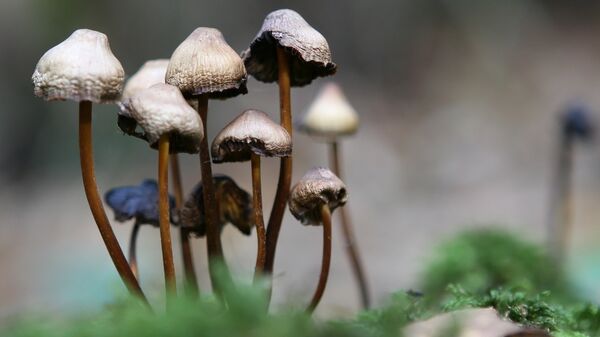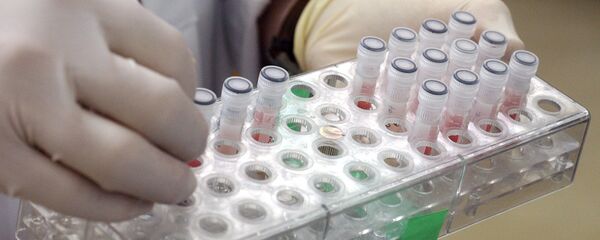In April, 30 terminally ill patients will be administered a single dose of psilocybin, the hallucinogenic chemical found in certain types of mushrooms. The researchers will determine whether the drug decreases the fear and depression commonly experienced by patients during their final months of life. According to preliminary research, psychedelic drugs remove the constraints the brain places on conscious experience, allowing people to perceive the world differently.
It took more than a year for the trial to be approved by federal and state authorities, as well as an ethics committee, a hospital news release states.
"This is a completely different way of working with people," Australian clinical psychologist Dr. Stephen Bright told VICE last year. "What we try to do in palliative care at the moment is to relieve the pain and suffering as much as possible by giving people pain medication. But morphine's not going to take away their anxiety or their depression."
St. Vincent's Hospital did not immediately respond to Sputnik's request for information.
Similar experiments have already been conducted in the US, generating promising results. A 2016 study by researchers at New York University's Langone Medical Center found that a single dose of psilocybin led to decreased mental anguish for 80 percent of terminally ill patients suffering from anxiety and depression. The study, which was published in the Journal of Psychopharmacology, also found that the positive results lasted for more than six months for those patients.
"If larger clinical trials prove successful, then we could ultimately have available a safe, effective and inexpensive medication — dispensed under strict control — to alleviate the distress that increases suicide rates among cancer patients," the study's lead investigator Stephen Ross said in a press release at the time.
A similar 2016 study by Johns Hopkins University researchers revealed almost identical results in people suffering cancer-related anxiety or depression.
More recently, a University of California study published in the journal Cell Reports found that psychedelic drugs like LSD, magic mushrooms and DMT increase the number of synapses in the brain.
A synapse is defined as structure that allows a neuron (brain cell) to pass an electrical or chemical signal to another neuron.
The atrophy of neurons in the prefrontal cortex, the brain region responsible for complex cognitive behavior, personality expression and decision making, "plays a key role" in the physiological aspects of depression and similar conditions, according to the study.



